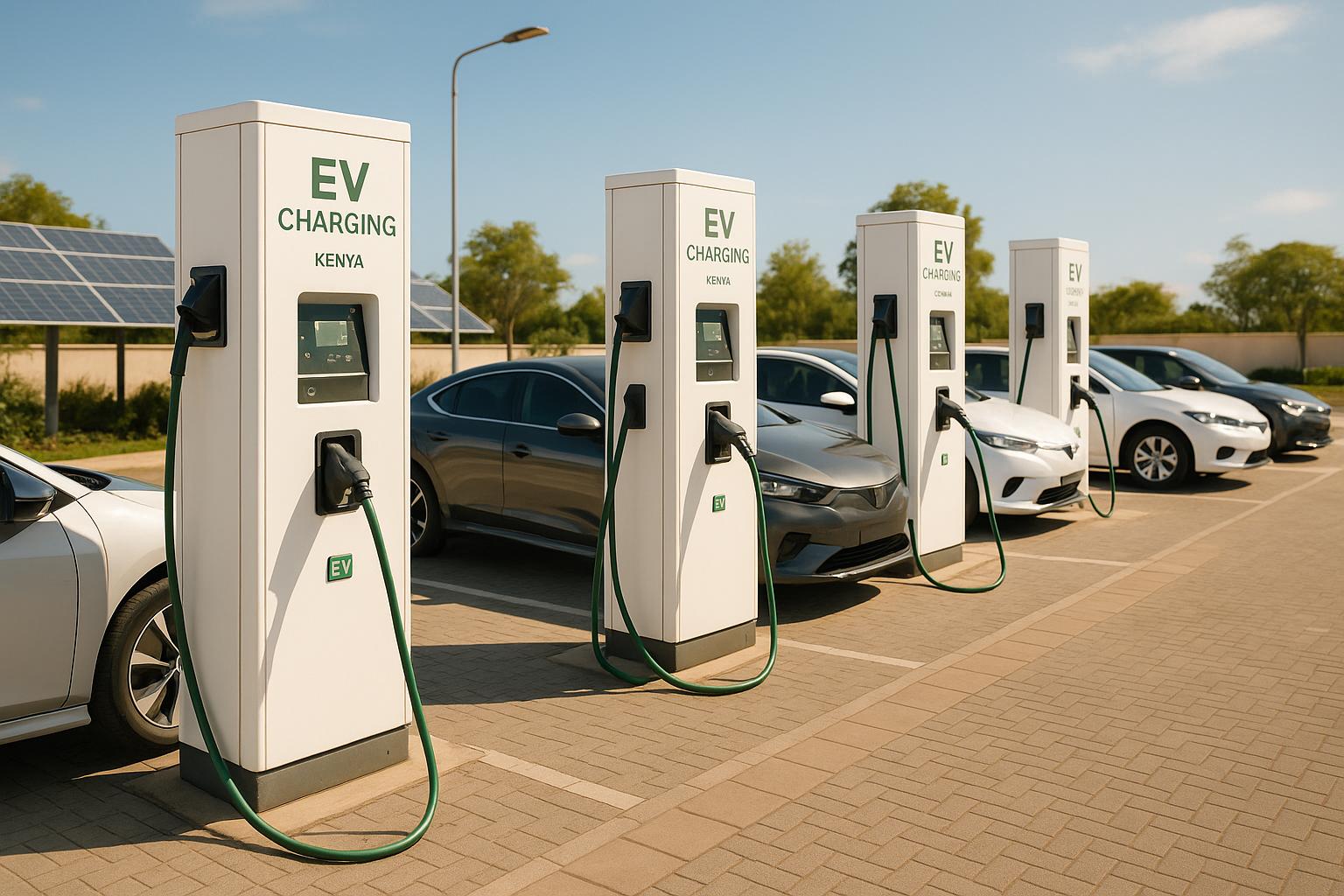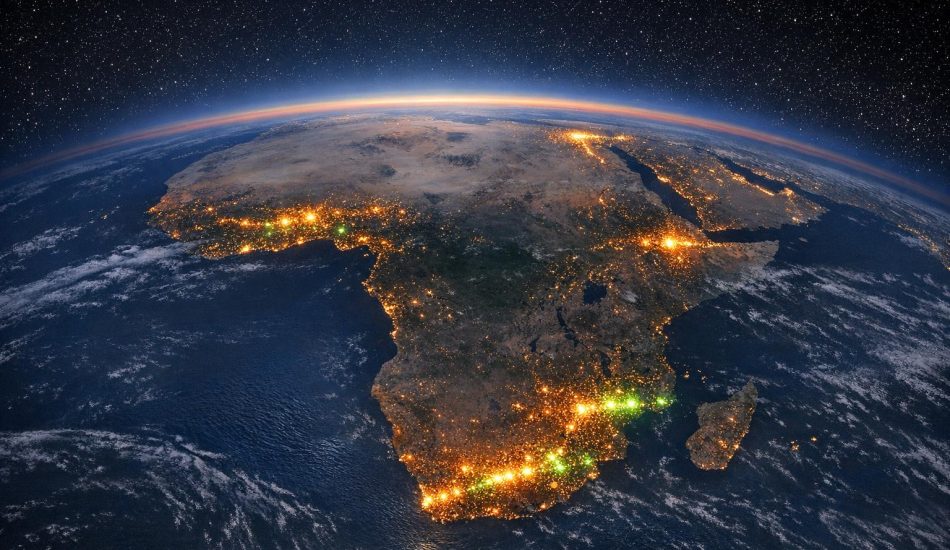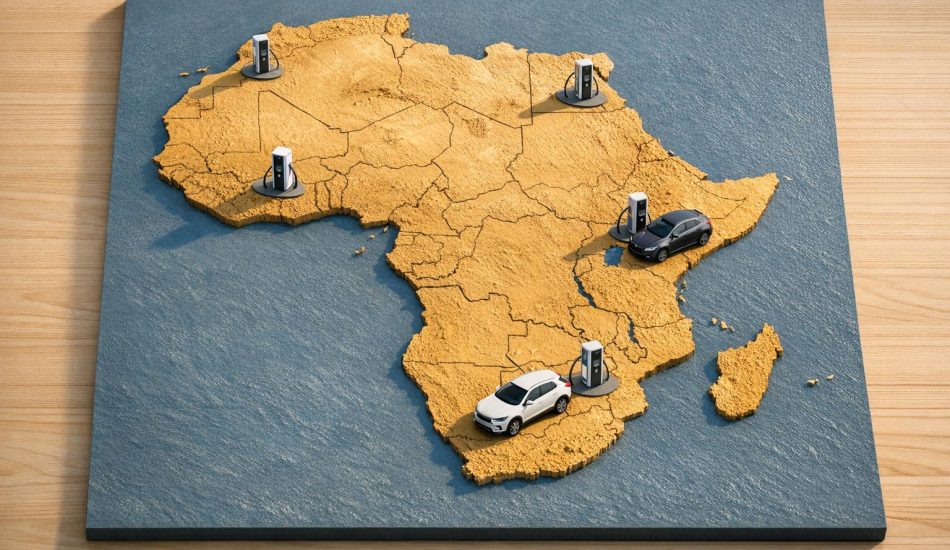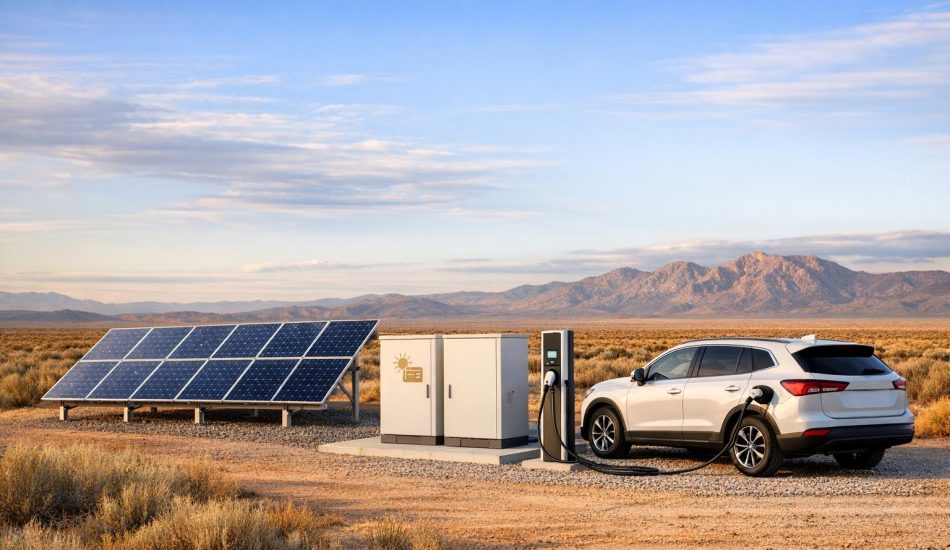
Kenya has seen a remarkable increase in electricity consumption by electric vehicles (EVs), with usage surging by 300 percent in the year ending June 2025, according to data from the Energy and Petroleum Regulatory Authority (EPRA). This significant rise reflects the growing adoption of clean and sustainable transportation in the country.
Growing EV Adoption Fuels Demand
In the recent fiscal year, EVs in Kenya consumed 5.04 gigawatt hours (GWh) of electricity, a sharp increase from 1.26 GWh in the previous year, EPRA reported. The rapid growth in EV adoption has been accompanied by a surge in infrastructure development, with the Electric Mobility Association of Kenya (EMAK) estimating the number of charging points in the country at 300 as of June 2025.
"The electric vehicle stock in the country has been on an upward trajectory with 6,442 registered electric vehicles (EVs) as of June 2025", EPRA noted in its report.
Public transport operators in Nairobi have been quick to embrace EV technology. Saccos such as Super Metro and Kenya Bus Service (KBS) are leading the transition, supported by companies like BasiGo and Roam Electric, which provide access to clean buses through credit financing arrangements.
Incentives and Regulatory Support
To encourage EV adoption, EPRA introduced special e-mobility tariffs last year. These tariffs allow charging stations and EV users to pay Sh16 per kilowatt-hour (kWh) during peak hours and Sh8 per kWh during off-peak hours, capped at 15,000 kWh per month. However, rising demand has led to calls from charging operators to lift this limit, which they argue is insufficient to meet the growing needs of users.
EPRA has indicated that it is considering removing the monthly cap altogether. This could happen by the end of the current tariff control period in June 2026, depending on data and revenue assessments.
The government has also introduced tax incentives to further support EV uptake. These include halving the excise duty on electric cars from 20 to 10 percent and exempting them from value-added tax (VAT). Additionally, regulatory guidelines for charging and battery-swapping infrastructure have been rolled out to facilitate the transition to electric mobility.
The Road Ahead
As Kenya accelerates its shift toward cleaner transportation, the sharp increase in EV electricity consumption highlights the country’s progress in embracing sustainable energy solutions. With continued investment in charging infrastructure and supportive regulatory frameworks, the growth of electric vehicles is poised to transform Kenya’s transport sector in the years to come.




